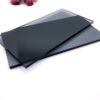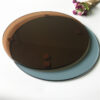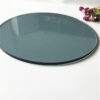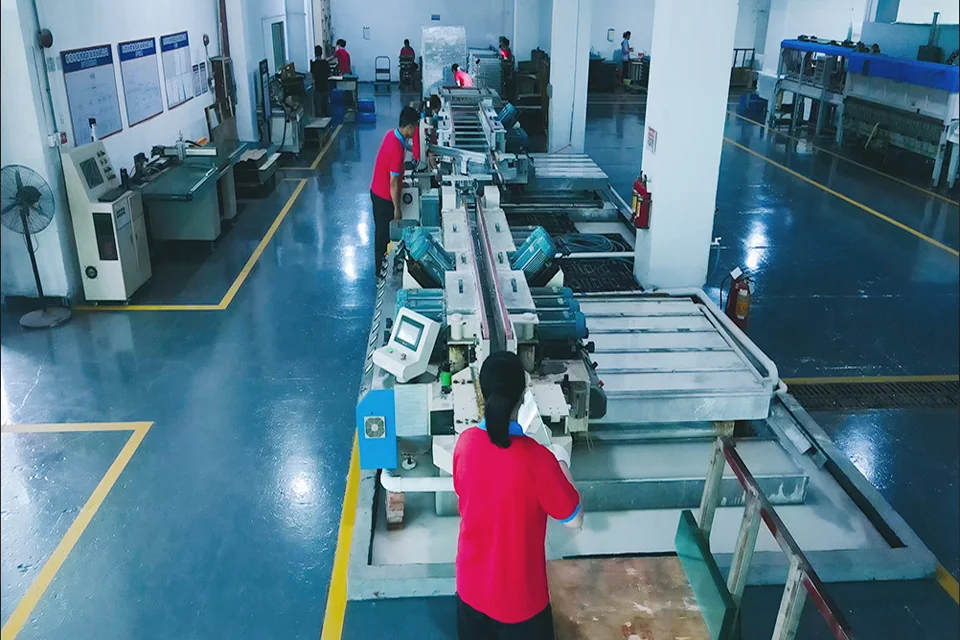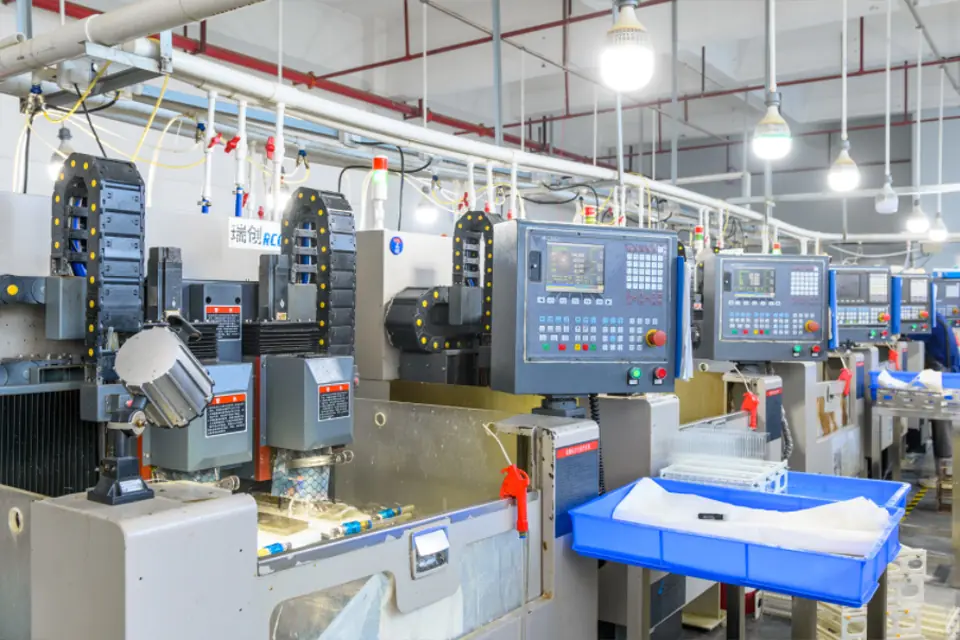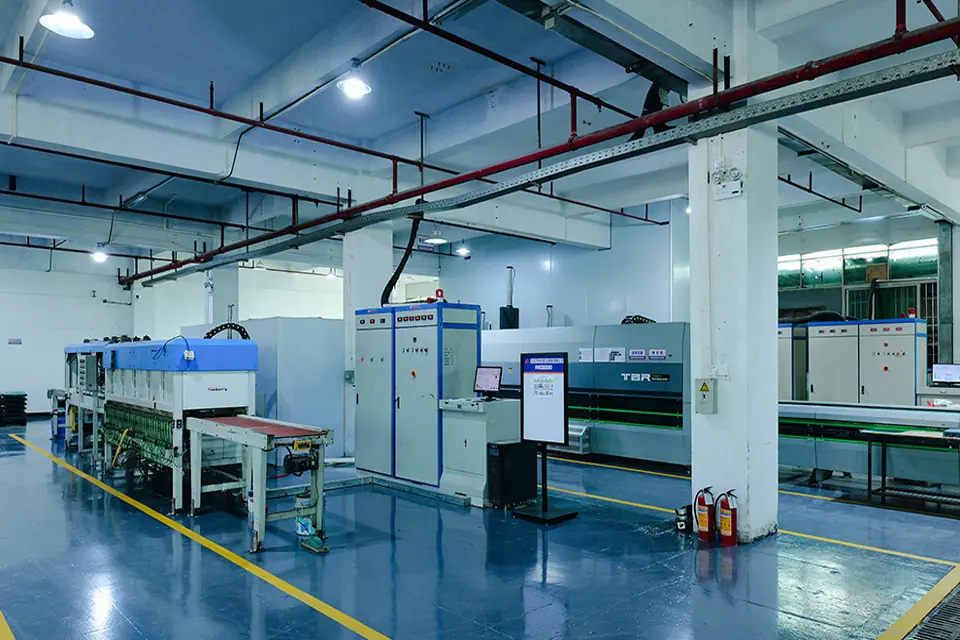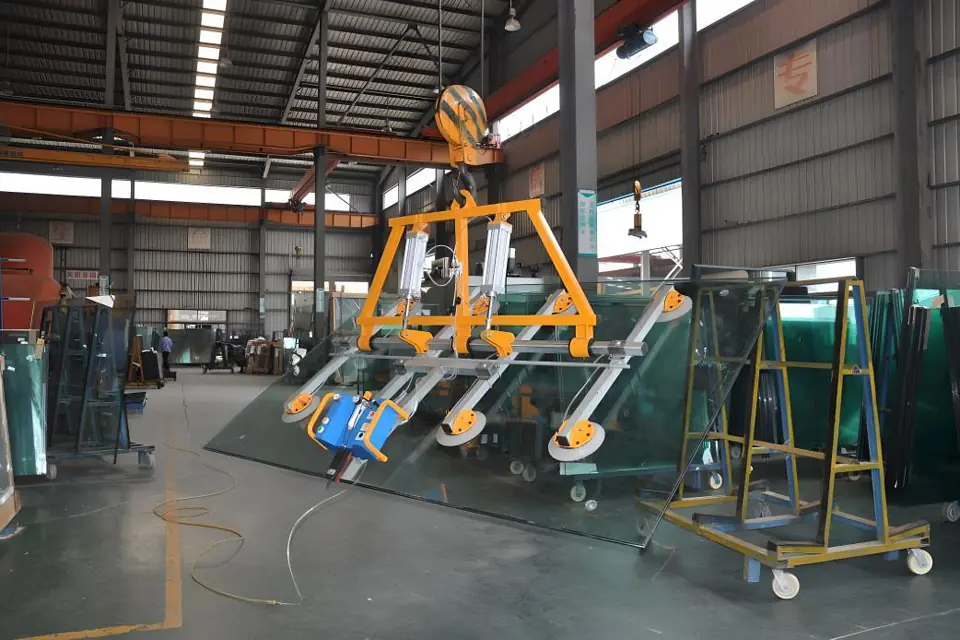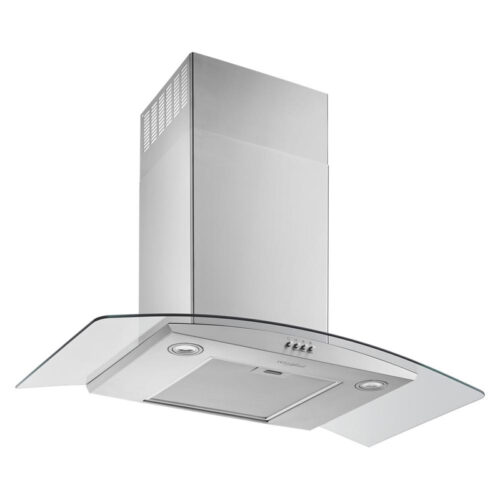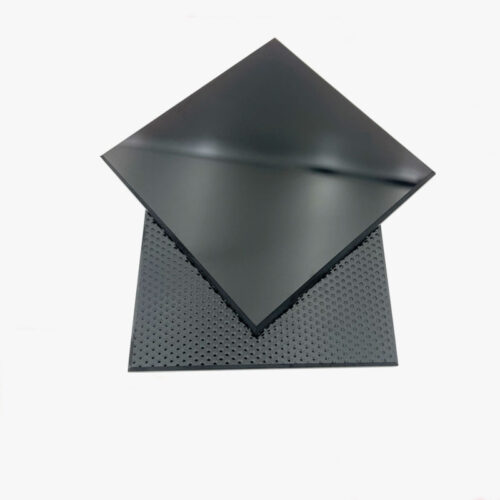-
Telefono: +86 13423120627
-
E-mail: [email protected]
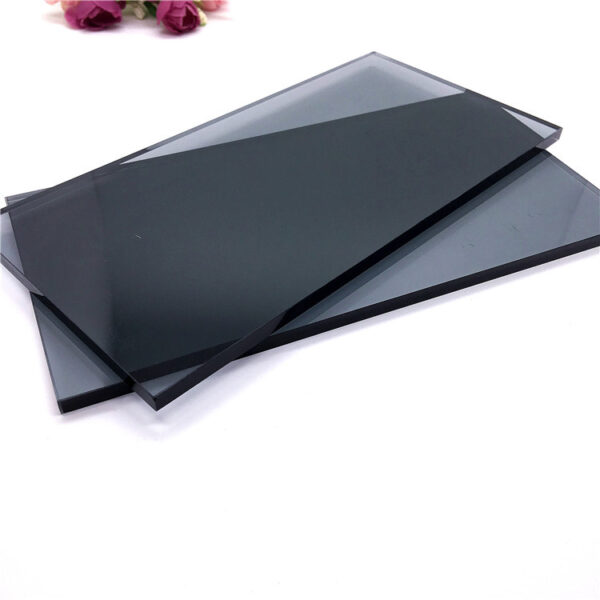
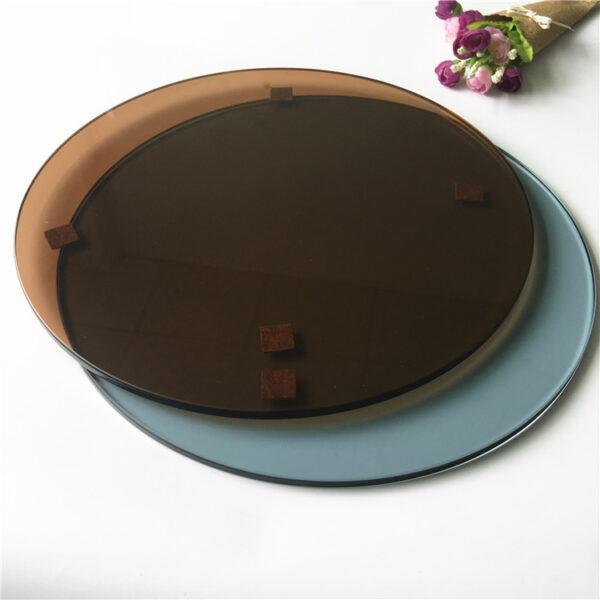
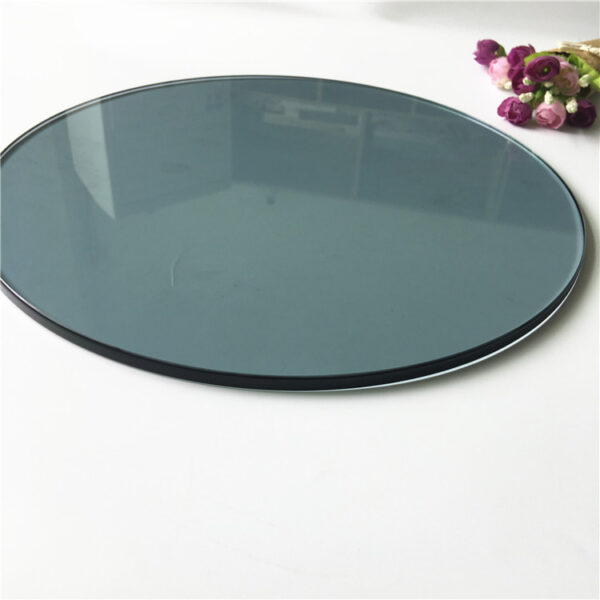
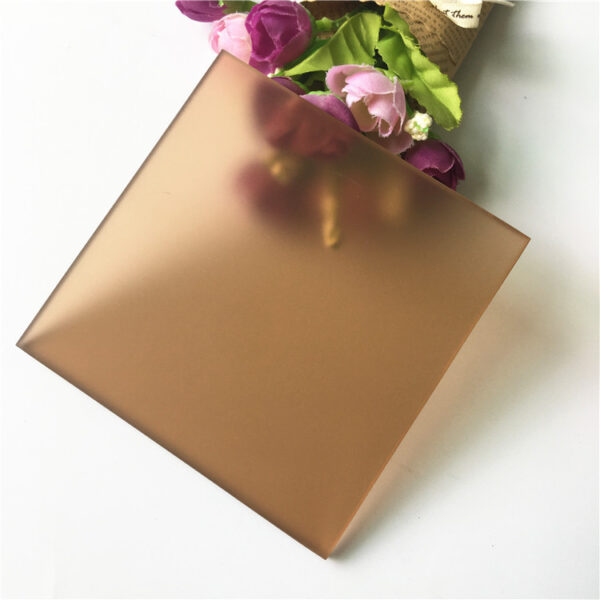
Tinted Glass
Tinted glass is a versatile material treated with colored films or infused with metallic and non-metallic substances during manufacturing. This treatment alters the glass’s appearance, reducing glare and controlling the amount of light that passes through. Available in various shades, tinted glass enhances privacy by limiting external visibility while allowing natural light to illuminate interiors.
One of the key benefits of tinted glass is its ability to improve energy efficiency. By blocking a significant portion of the sun’s heat, it helps maintain comfortable indoor temperatures, reducing the reliance on air conditioning and lowering energy costs. Additionally, tinted glass offers excellent UV protection, preventing the fading of furniture, flooring, and artwork caused by harmful ultraviolet rays.
Aesthetic appeal is another major advantage, as tinted glass adds a modern and sleek look to residential and commercial buildings, vehicles, and architectural features like skylights and glass doors. Whether used for enhancing the beauty of a home, upgrading a vehicle’s appearance, or creating a professional environment in an office, tinted glass provides both functional and stylish solutions.
Tinted glass has become a popular choice in both residential and commercial settings, offering a blend of aesthetic appeal and practical benefits. Whether you’re renovating your home, designing an office space, or upgrading your vehicle, tinted glass can significantly enhance the look and functionality of any environment.
What is Tinted Glass?
Tinted glass is ordinary glass that has been treated with a colored film or infused with metal oxides during the manufacturing process. This treatment alters the glass’s appearance and performance, providing various advantages such as reduced glare, enhanced privacy, and improved energy efficiency.
Benefits of Tinted Glass
- Enhanced Privacy: One of the primary advantages of tinted glass is the increased privacy it offers. By limiting visibility from the outside, tinted glass ensures that your interiors remain secluded from prying eyes without compromising natural light.
- Energy Efficiency: Tinted glass plays a significant role in regulating indoor temperatures. By blocking a portion of the sun’s heat, it reduces the reliance on air conditioning systems, leading to lower energy bills and a smaller carbon footprint.
- UV Protection: Prolonged exposure to ultraviolet (UV) rays can cause fading of furniture, flooring, and artwork. Tinted glass blocks up to 99% of harmful UV rays, safeguarding your interiors from damage.
- Glare Reduction: Whether it’s the intense sunlight streaming through your windows or the glaring headlights on your car, tinted glass effectively minimizes glare, enhancing comfort and visibility.
- Aesthetic Appeal: Available in various colors and shades, tinted glass can elevate the look of any space or vehicle. It adds a modern and sleek finish, complementing different architectural styles and personal preferences.
Types of Tinted Glass
- Dyed Tinted Glass: This type involves adding a colored dye during the manufacturing process. It provides a consistent color throughout the glass, offering both privacy and aesthetic benefits.
- Metalized Tinted Glass: Infused with metallic particles, metalized glass reflects heat and UV rays more effectively. It’s highly durable and maintains its tint over time without fading.
- Reflective Tinted Glass: Featuring a mirror-like finish on one side, reflective glass enhances privacy during the day while allowing clear views from the inside. It’s commonly used in commercial buildings and high-rise offices.
- Ceramic Tinted Glass: Known for its superior heat and UV resistance, ceramic glass is an excellent choice for energy-efficient buildings. It maintains clarity without the reflective properties of metalized glass.

